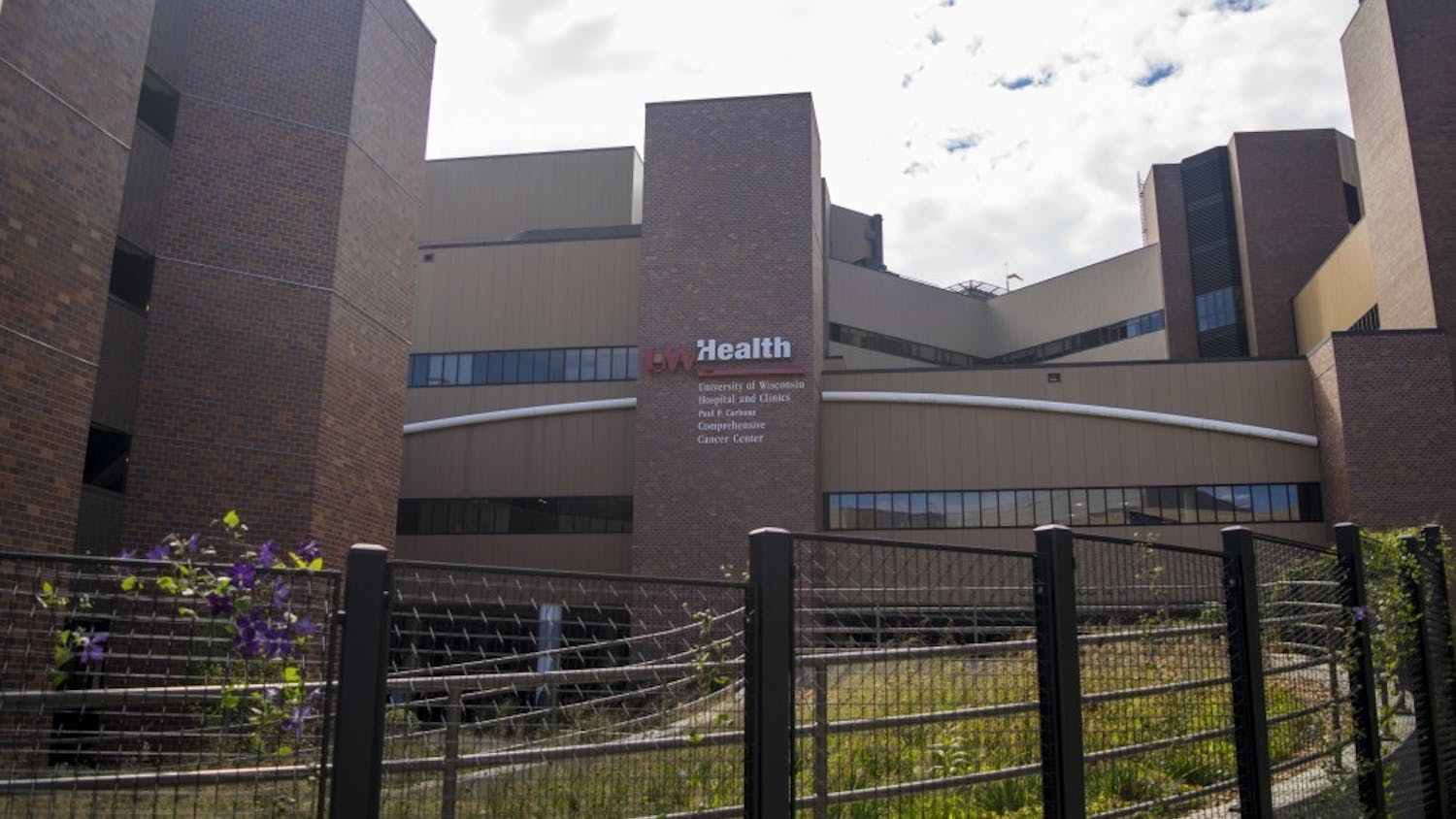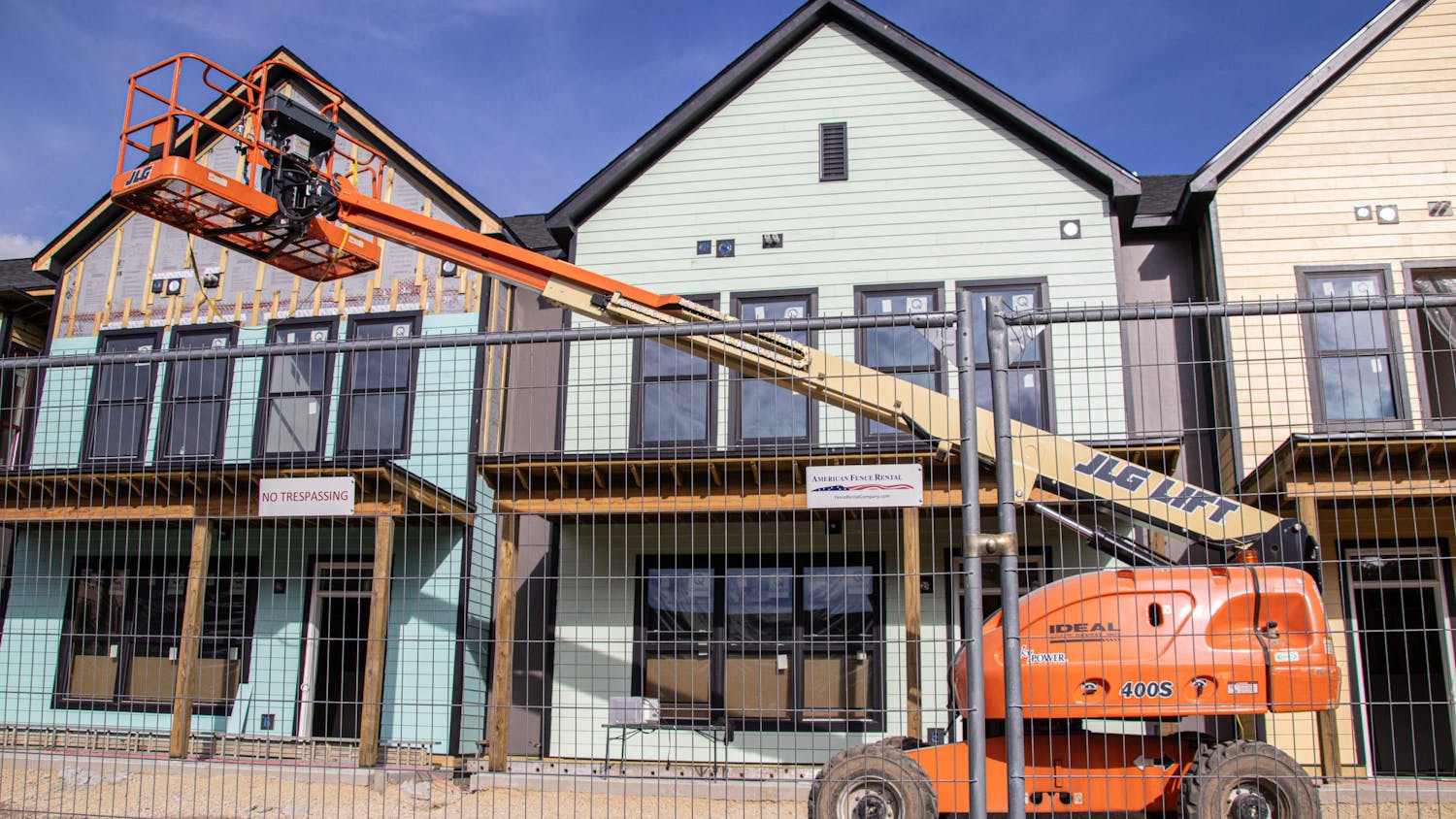Facebook’s temporary shutdown on Oct. 5, 2021, gave our mediated world a time of peace.
Frances Haugen, former Facebook product manager, notes on C-SPAN, “For more than 5 hours, Facebook wasn’t used to deepen divides, destabilize democracies and make young girls and women feel bad about their bodies.”
Not only did users get a break from these types of divides, but they also got a break from the spread of COVID-19 and vaccine misinformation — something that has plagued the United States since the 2016 presidential election. Through the pandemic, Facebook has been one of the main social media platforms that skewed COVID-19 from a health crisis into an information crisis.
While there are still debates on the circumstances surrounding the pandemic, one thing is for certain — it has had extremely disproportionate effects on underprivileged communities. With social media platforms continually allowing disinformation and misinformation to spread regarding the vaccine, individuals may be prohibited from moving towards a better light and helping those struggling the most.
Many credit COVID-19’s disproportionate effects on minorities to systematic oppression.
“Structural racism created the conditions that made racialized groups vulnerable during the pandemic and that will make it more difficult for them to recover,” said University of Wisconsin-Madison Public Affairs Professor Denia Garcia.
Due to educational and wealth disparities, minorities are more likely to be working frontline jobs where they are unable to work from home. Possible language barriers and health disparities also contribute to minorities being less likely to have access to health care benefits. Thus, they are more likely to be exposed to the disease and less likely to get treated.
“COVID-19 has exacerbated racial inequalities across health, social and economic outcomes,” Garcia stated.
So how does misinformation in the media affect minorities and underserved communities in a disproportionate way as well? Misinformation in the media can prolong the mistrust people have in getting vaccinated. Media became a makeshift reality during the pandemic. It seemed to be the only way to access each other, whether that be for social purposes, work purposes or news purposes. While it was important to have a way to remain connected to people, that comes at the price of higher exposure to misinformation about the news.
Based on a study from the Pew Research Center, more than half of Americans who use social media as political news platforms say they have seen false information about COVID-19. 70% say the media exaggerates the risks. Anyone with the click of a button can spread conspiracy theories about the COVID-19 vaccine and booster shots, whether that is claiming it to be unreliable or claiming that it can protect fully against the disease.
The CDC states that misinformation spreading throughout social media is in regard to the effectiveness and safety of the vaccine, and now possibly the booster shot. Tweets such as @RealCandaceOwens claiming, “It’s not that the vaccine didn’t work, it’s just that you need a booster shot plus all the unvaccinated people to get vaccinated in order for the vaccine to work.” or @TyCardon tweeting “Keep an eye on ‘breakthrough’ cases, hospitalizations and deaths from up north over the next few weeks. Many states are still sitting on the last 2 weeks of data. There’s a reason Fauci’s now trying to redefine ‘vaccinated’ to include only those who’ve received the booster,” present false information that spread rapidly. Candace Owen’s tweet had 4,196 retweets and Tyler Cardon’s had 1,428.
The more misinformation is spread in the media regarding COVID-19, the less trust and confidence people can have towards getting the vaccine.
Educational gaps also contribute to a lack of trust in COVID-19 vaccines. Pew Research Center confirms through surveys that Americans with access to a higher level of education are more likely to know about the implications of their technology. Those who have that higher level of education are more savvy with digital knowledge, whether that be noticing a phishing scam, a private browser or noticing factually incorrect information.
Educational inequality can result from parents’ income — those of lower socioeconomic status may not have access to the kinds of high-level education needed to learn about disinformation and misinformation. The CDC suggests using “trusted messengers” when encountering news, but this may be difficult to obtain based on educational disparities.
While it may be easy to use trusted news sources, such as The New York Times or The Washington Post, social media comes at easier access. It’s free. It’s convenient. When accessing these reliable traditional news platforms, they have set time limits and then ask for a subscription. Social media is at our fingertips.
As people continue to use social media as news, the exposure to misinformation can prohibit our country’s journey towards getting vaccinated — but there is hope. Action is being taken by UW-Madison Journalism Professor Mike Wagner and a team of researchers to fight the damage that misinformation from the 2020 election and COVID-19 have caused. They are targeting the problem from the roots — Facebook and Twitter, two of the largest misinformation ecosystems.
“This project will help determine what corrections of misinformation are effective and get that information to professional fact checkers, who can work in real time to correct misinformation circulating on social media,” Wagner said in a UW-Madison release.
If there is a way to debunk misinformation, there is hope for more vaccine trust. Overall, if social media content moderation becomes in better tact and there is more educational access teaching not only how to track disinformation and misinformation in the media, but also how COVID-19 has increased racial disparities, there is hope for a better future. If we cannot move forward from this cycle of misinformation consumption, we cannot help those in serious need.






